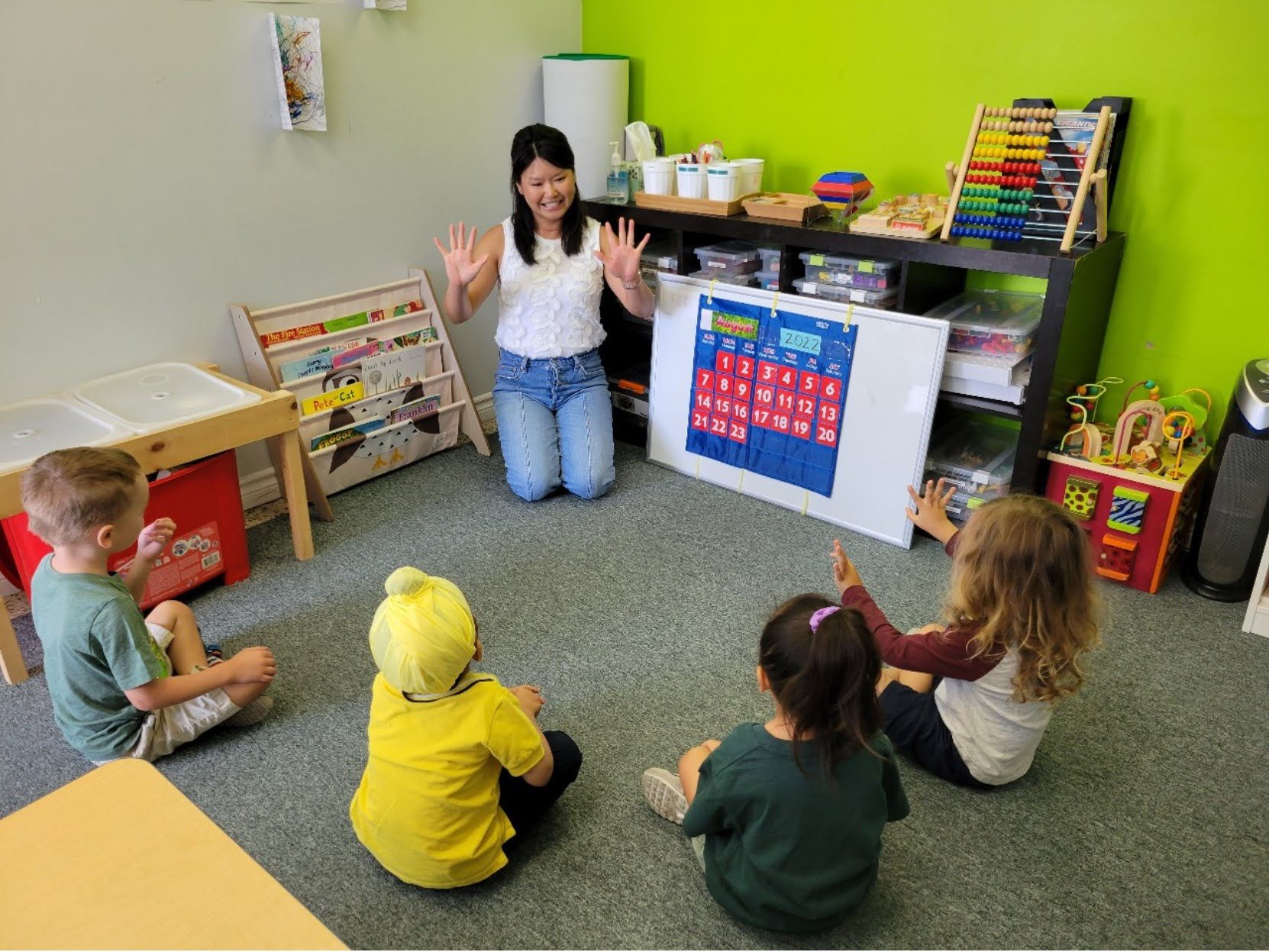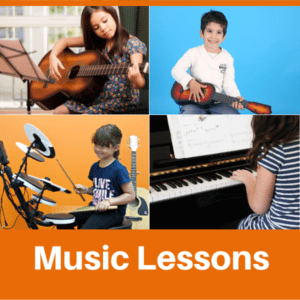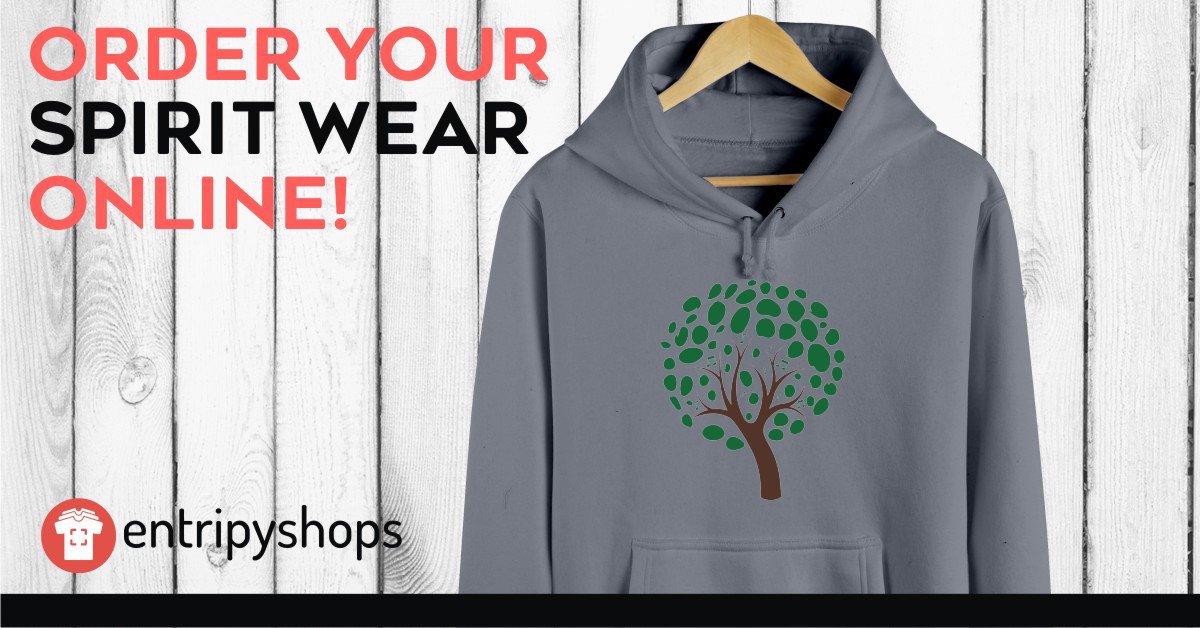
Studies of children who attend preschool classes show prolonged benefits including long term success, improved grades, and greater self-awareness. When children had their brains scanned as well as having their home environment and support systems evaluated, it was discovered that a large amount of development occurs at 3 and 4 years of age. Most children don’t start kindergarten until they are 4 or 5 years old and some don’t start school until grade 1. This creates a lost opportunity for important early development.
A good pre-kindergarten program offers important skills development such as social interaction, school readiness, and improved executive function. Let’s look at them further:
1. Improved social skills.
Social skills are important for every stage of life but when the brain is still developing it’s an opportunity to set some core understandings about communication and empathy.
When a child acquires good social skills they are better equipped to navigate social situations, communicate effectively, make friends, and regulate their emotions which improves interactions and reduces the likelihood of behvaioural problems.
Co-operation can be learned through play. Tasks or games that need to be done as a group promote sharing, communication, active listening, and patience. This opens them up to learning more executive skills such as problem solving and creative thinking.
Emotion recognition and regulation can be learned through reading, identifying character’s emotions and body language. Talking about how the characters may feel in certain situations and finding ways to describe emotions builds self-awareness as well as a greater understanding of how and why others react the way they do. This promotes less overwhelming feelings, stress and frustration.
Active listening activities such as reading out loud, verbal instructions, and back and forth conversations help to teach a child how to stop and listen and ensure they understand what’s being said before acting or responding. This promotes greater understanding, communication, and connection.
2. School readiness.
While there are many ways to be school ready, children who have learned the appropriate skills during the critical brain development stages are more likely to adapt easily to regular school classes and routines.
Studies have discovered that children who attended pre-kindergarten classes adapt well to regular school settings and have more advanced reading and numerical skills. It’s also found that the work done on social skills, self-awareness, and independence allow for less behavioural challenges.
A growing vocabulary enables a child to communicate their needs clearly while also allowing them to help others. When they can understand what they are feeling, label it and understand why and how to handle it they become more confident.
They are naturally good at exploring and learning from their experiences. Young children soak up information and exploratory learning like sponges. They are eager to absorb new information that gives them ways to express themselves. Using play is the optimal way to deliver this information and that’s what is so much fun about pre-kindergarten classes.
3. Improved problem solving and executive function.
Our Kindergarten Readiness class is half days and we include a lot of the steps needed to build school readiness and improve social skills.
We start each day by creating a visual schedule of what we will do for that class together. This helps children understand scheduling and time. The use of timers for activities, enables them to feel more in control of what they choose to do when approaching an activity and when they need to prepare to move on to the next step in the schedule.
Timers also help persuade a child to spend a set amount of time on an activity they are struggling with. It’s easier if they know it will end, it is easier to convince them to give it a try. While a child’s ability to focus does increase with age, using set time blocks can encourage the development of focus and improve their time management.
Every class is started and ended with a story of your day session. Each child gets a short window of time to tell a story of their day before class and at the end of class. This helps them to practice sequencing events, improves executive function, and working memory.
While not all preschool classes are the same, hopefully this article will give you an idea of what questions to ask and what to look for in an effective pre-kindergarten program. While most preschool programs are good enough, they may not offer the right support for your child and a bad program can be damaging. Do your homework, ask the right questions, and find the right fit for your child before committing. This research will likely need to start early in case the program you choose has a waitlist.
The Oak Learners’ Kindergarten Readiness Program is currently accepting enrollment.
Learn more about our Kindergarten Readiness Program click here: Kindergarten Readiness
For more educational posts visit our Educational Posts Page
To keep up with new blog posts you can follow us on Facebook or Instagram
Or, sign up for our newsletter below for school updates.
Get updates on new classes, hosted events, and more.










